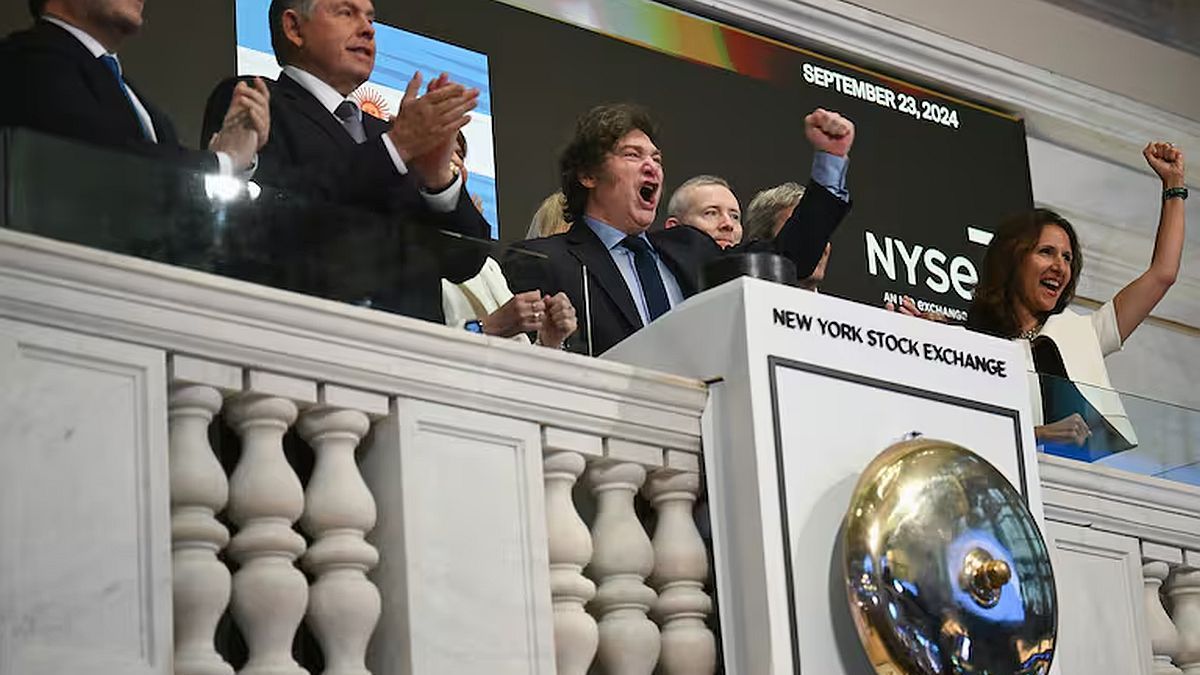Following this logic, the economists believe that in no way should an agreement with the IMF go through the Chamber of Deputies and the Senate to institutionalize its legality, to guarantee quarterly and annual commitments agreed with the international financial organization. In this case, compliance with the fiscal, monetary, macro, financial and foreign exchange deficit goals should be signed and committed only by the Ministry of Economy and the Central Bank of the Argentine Republic (BCRA). That is, that, at present, Martín Guzmán and Miguel Pesce would have to sign the agreement; and discuss quarterly with the IMF envoys to the country the fulfillment (or not) of those goals.
Eventually, and only as an institutional form of complementarity, it would be the task of Congress to debate a budget project that would include the metrics sealed with the Fund. But not much else. In general, and with nuances, Guido Sandleris and Hernán Lacunza, the others consulted by the political wing, adhere to Melconian’s line. Both share the vision of the former president of Banco Nación, and deepen it with more technical and political content. And they affirm that the follow-up of these concepts also has to do with the negotiation and closure of the stand-by discussed during the government of Mauricio Macri; now trying to close and renegotiate.
The theoretical key is that the Law for Strengthening the Sustainability of Public Debt 27612, approved in March 2021, says in its article 2: “It is provided that any financing program or public credit operation carried out with the International Monetary Fund (IMF), as well as any increase in the amounts of these programs or operations, will require a law of the Honorable Congress of the Nation that expressly approves it. ”. And that article 3 mentions “the issuance of public securities in foreign currency and under foreign legislation and jurisdiction, as well as financing programs or public credit operations carried out with the International Monetary Fund (IMF), and eventual extensions of the amounts of those programs or operations.
The interpretation made by economists is that none of these paragraphs is related to the goals and technical content of the agreement, but to the renegotiation of the current debt. In this vision, it is taken into account that both the standby and the Extended Facilities are credits, and that one serves to restructure the previous one. In this sense, the law would require that Congress approve the general program, but not the specific goals and variables; which would be the responsibility of the Executive. Along the same lines, it is thought that the entire agreement with the IMF could be approved by a Decree of Necessity and Urgency (DNU), without losing legality or institutionality.
With these arguments, the JxC economists advised the politicians that next Thursday from 1:00 p.m. they will debate in a meeting in Olivos, the official position of the bloc to expose at some point in March; when the Extended Facilities bill reaches Congress. These explanations were received, among others, by Mauricio Macri, Horacio Rodríguez Larreta, Patricia Bullrich, Alfredo Cornejo, Lilita Carrió and the rest of the leaders who will be present at the summit.
There is still a vision that JxC politicians and economists should listen to. It is the Monetary Fund itself that wants the agreement to go through Congress, and for the main opposition front to get involved. From Washington it is sought that at the time of reaching the board, the Extended Facilities show support from the majority of the Argentine political class. Already enough explanations, they consider at the headquarters of the organization, will have to be given so that there are positive votes for the agreement negotiated by Alberto Fernández and Martín Guzmán, without the explicit endorsement of Kirchnerism.
Source: Ambito
David William is a talented author who has made a name for himself in the world of writing. He is a professional author who writes on a wide range of topics, from general interest to opinion news. David is currently working as a writer at 24 hours worlds where he brings his unique perspective and in-depth research to his articles, making them both informative and engaging.




